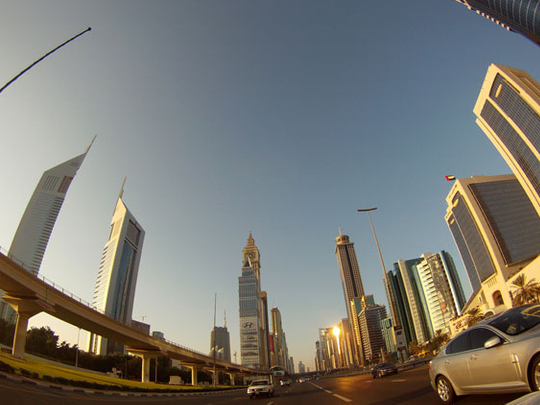
Dubai: Pick a freehold property launched between 2004-08 in Dubai at random and chances are that it would have changed hands many a time as flipping was the only game in town. This in turn would have left a long paper trail of transactions.
But in the more settled property market of today, if a prospective buyer wanted to know more about the antecedents of a property he has eyes on, what does he do? For one, he could call in the ‘conveyancers’ to do the forensics of a property transaction.
Long a service available to property owners in mature property markets, the business of conveyancing — essentially the transfer of legal title of a property from one person to another — is finding traction in the UAE. It also establishes that the property in question does not have any financial obligations on it such as payment outstandings.
But there are subtle differences in the way how this service is conducted here compared to some of the other markets.
“Laws of the UAE in general and in particular Dubai and Abu Dhabi are designed in such a way that the registered title is considered “paramount” — in other words the owner’s name shown on title deed itself is the highest form of proof to determine the true owner of property,” said Robert Pacella — partner at Emirates Conveyancing. “This means the chain of ownership (and the history of sales) is not needed to prove the true ownership of a particular property here in Dubai.
“This is different than some other countries where you must examine the chain of custody in prove ownership. Some countries are still reliant on the physical title documents to prove ownership without any digital records.
“In contrast, Dubai and Abu Dhabi have first rate digital records of ownership. This is a great help, for example, if a physical title deed is ever lost. In that event, it can safely be replaced and presents no risk to the next potential owner of a property.”
The conveyancing process in the UAE may have been helped along by the sizeable presence of overseas investors for whom it is part of what they are accustomed to in their domestic turfs.
How long does the process take? “This will depend very much on the type of sale that is taking place — unfinanced buyers and sellers have fewer steps involved in the sale and transfer process,” said Mark Wellman Riggs, general manager at the Dubai-based Crompton Partners Estate Agents.
“Mortgaged and off-plan properties have more steps involved, so generally will take longer. It also depends very much on how long the no-objection certificate (NoC) takes to be issued by the developer or how long a bank takes to handle a finance payout and release the title deed.
“In the past, to transfer also meant an appointment at the Dubai Land Department whereas now more people are using the Registration Trustee services which the Land Department launched recently. That means you can transfer the same day the NoC is issued in many cases, but only if all the other pre-transfer tasks are done and that’s another thing that we rely on the conveyancer to have done in readiness for transfer.
“It is in fact considered by most agencies the best way to convey your property to transfer, protecting both parties with a legally binding contract. I would say buyers and sellers are a lot more comfortable with conveyancing now than they were maybe five years ago.”
While Dubai with its higher supply has seen incremental growth, Abu Dhabi could prove the next big stop for conveyancing practitioners. “In the future we see Abu Dhabi as being a growing market for conveyancing of all types, residential and commercial properties alike,” said Pacella.












